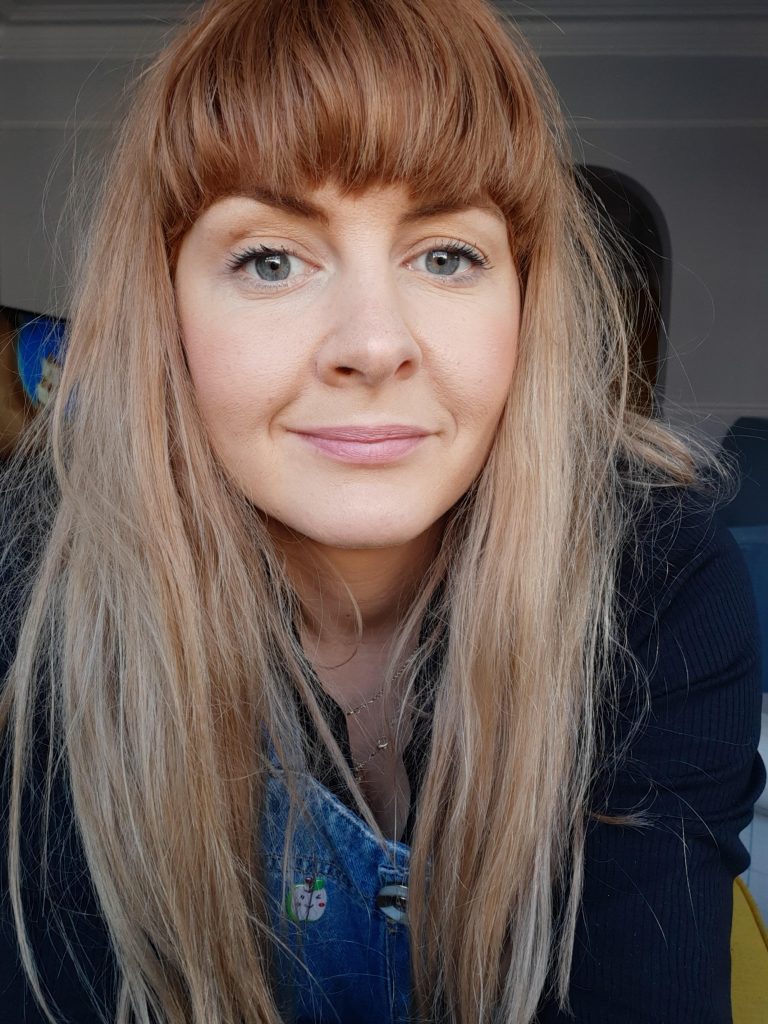- How To Tackle Jealousy In Creative Writing
- Common Submission Mistakes
- How To Stop Your Blog Becoming Boring
- The One Thing Every Successful Writer Has In Common
- How To Make Yourself Aware Of Publishing Scams
- Why Almost ALL Writers Make These Grammar Mistakes At Some Point
- 5 Tips For Authors On How To Deal With Rejection
- Top Mistakes to Avoid When Writing a Novel
- How to Avoid Common New Writer Mistakes
- 10 Mistakes New Fiction Writers Make
When Is A Prologue A Good Idea?

Deciding to start your book with a prologue is a bold move. There is a lot of debate in the writing community as to whether prologues are a good or bad idea. Some editors openly hate them but done right and they can add uniqueness and a sense of intrigue to your book.
Knowing how to start your novel can be tricky, and inserting a prologue can be a helpful device to make this easier for us. A prologue is a chance to begin your story before the beginning. However, before you decide to use one you should ask whether it’s really necessary. You should also consider whether the one you’ve created is really doing what you intended it to.
Does your novel really require a prologue?
An unnecessary prologue is a dangerous and costly mistake. They could not only squash your chances of getting published but could also put your reader off too. In short, if it doesn’t contribute to the plot, what is the point in it at all? What your prologue reveals has to be both significant and relevant. It needs to supply vital information. It needs to have a point.
So what kinds of information might require one?
There are lots of reasons which could work such as disrupting the point of view, or if the information revealed occurs in a different location, time zone, or universe. Perhaps they are necessary to reveal essential backstory that would kill the plot if inserted into the main story.
Your prologue doesn’t work if you can remove it and the story still stands. It doesn’t work if you change the word prologue to 'chapter one' and the story still stands.
Common uses
Some of the typical uses for a prologue might be the ‘future protagnoist’ where your story’s hero speaks to the reader from a time well after the main story has taken place. It might reveal the end of the story at the beginning. Similarly, the ‘past protagonist’ might have a role in a prologue where a significant event is revealed that defines the character or explains something they do in the main story. You may wish to use one to reveal a vital separate point of view which could result in an epic plot twist later. Or perhaps your prologue reveals some background that is essential for the reader to understand before the story begins.
It's purpose
A prologue should be rather like a short story, except the ending doesn’t need to resolve everything as a good short story would. Rather the resolution can be found in the main part of the novel. It must be unique and obviously stand out from the rest of the novel somehow.
Creating one must be necessary for both content and form. Use the above to help determine whether writing a prologue is a good idea for your story and if it is then make it as exciting and intriguing as you possibly can.
Now you have learned about whether a prologue is a good idea, why not read more about whether you should write one?
Get A Free Writer's Toolkit By Visiting https://writerslife.org/gid

.





























